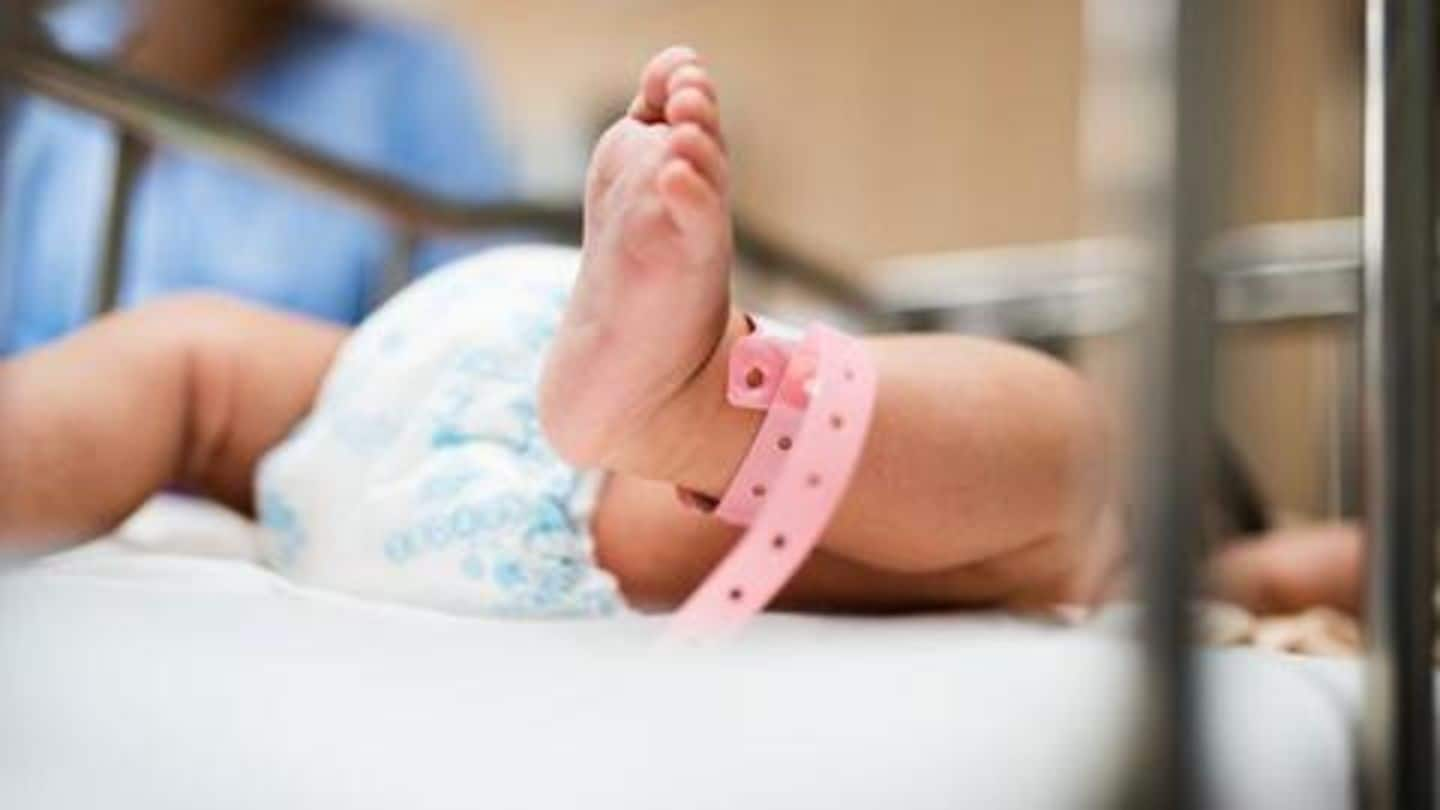
World's first baby born from womb transplanted from dead donor
What's the story
In a landmark achievement in the medical sciences, a woman in Brazil, who had received a womb transplant from a dead donor, has given birth to a healthy baby. The 10 previous known cases of womb transplants from dead donors - in the US, Czech Republic, and Turkey - had failed to produce live births. Here are the details.
Condition
The mother of the child suffered from a rare condition
The mother of the child had been born with a condition called the Mayer-Rokitansky-Küster-Hauser syndrome, which affects around one in 4,500 women, and result in the uterus and the vagina not forming properly. However, the woman's ovaries were fine, and doctors were thus able to remove eggs, fertilize them with the father-to-be's sperm, and freeze them. Then, in 2016, the operation took place.
Transplant
Details about the transplant operation
The donor was a 45-year-old mother of three, who had died due to a burst blood vessel in her brain. The 10-hour-long operation involved the removal of the deceased donor's uterus and transplanting it to the recipient, then 32 years old. Doctors also removed a stump of the donor's vagina, and attached it to the recipient, and connected veins, arteries, ligaments, and vaginal canals.
Other details
The baby girl is now seven months old, and healthy
About six weeks after the operation, the 32-year-old started menstruating. Seven months after the operation, her fertilized eggs were planted in her new uterus, resulting in a pregnancy. When the case was published in medical journal Lancet, the baby girl born from the transplanted womb was already seven months old, weighing 7.2kg, and was being breastfed.
Milestone
Why the successful operation was a medical milestone
The successful live birth was indeed a medical milestone, considering the fact that getting a live donor to donate a uterus is a difficult task. Additionally, live donor transplants are also more expensive as it includes hospitalization costs of the donor, as well as a very long surgery procedure. While the current procedure needs more refinement, it's certainly a big step in allowing infertile women to have children without resorting to surrogacy or adoption.
Quote
What the lead researcher had to say
"With a deceased donor, you reduce the risk because you don't have the risk to the donor - and you reduce the costs, too, because you don't have the hospitalisation and the very long surgery of the donor," said Dr Dani Ejzenberg of the University of Sao Paolo, who was the lead researcher.